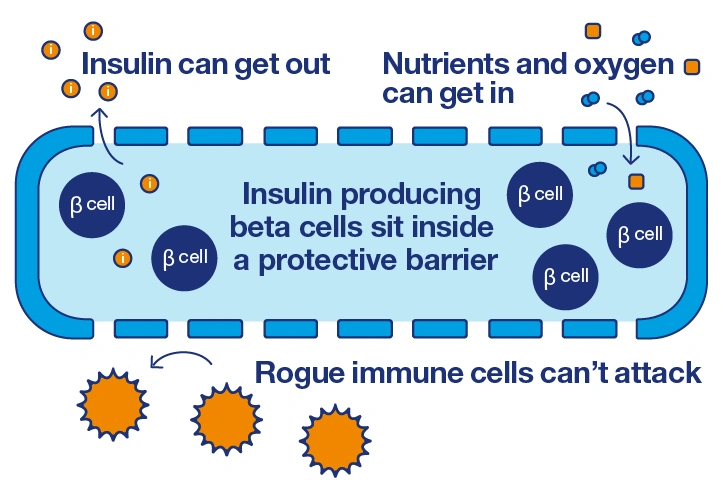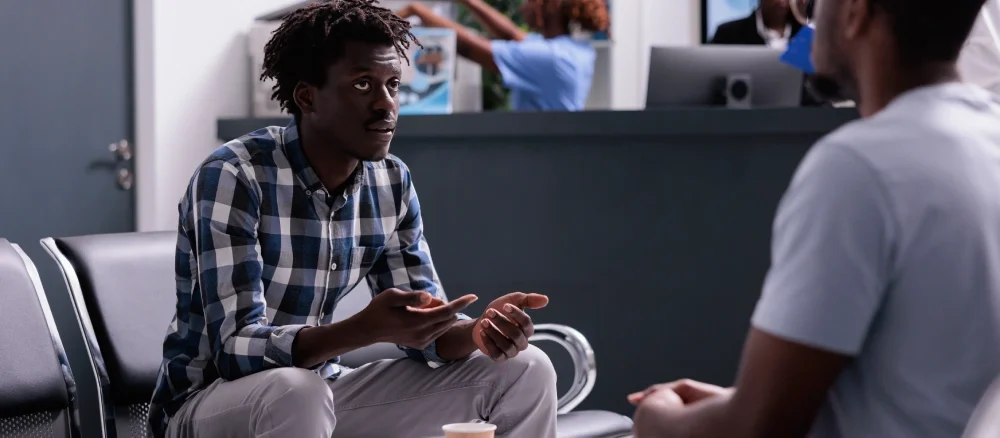- September 12, 2024
- Diabetes Kenya
- Comment: 0
- Type 1 Diabetes
Is There a Cure for Diabetes in Kenya?
There isn’t a cure for diabetes right now, but scientists worldwide, including in Kenya, are pushing the boundaries of research to develop new treatments and, ultimately, a cure for both type 1 and type 2 diabetes. Local research initiatives, such as the CliniQuest Research Site at St. Mary’s Mission Hospital, are also contributing to the fight against diabetes by focusing on clinical trials and studies related to non-communicable diseases, including diabetes.
Type 1 Diabetes
In type 1 diabetes, the immune system mistakenly destroys insulin-producing beta cells in the pancreas. Research is being conducted globally, and exciting developments are taking place, especially in immunotherapy, beta cell replacement, and protection of transplanted beta cells.
Stopping the Immune Attack
One key area of focus is stopping the immune system’s attack on the pancreas. Immunotherapies that target the immune system have shown promise in delaying the onset of type 1 diabetes for a short period in clinical trials. Researchers are also exploring ways to slow or stop the destruction of beta cells, which could help preserve insulin production in newly diagnosed patients.
Replacing and Protecting Beta Cells
For people already living with type 1 diabetes, a cure will likely involve replacing destroyed beta cells. While beta cell transplants exist, their availability is limited, and they stop working over time. Scientists are working to create an unlimited supply of beta cells in laboratories. Promising results have been seen in animals, but human trials are still in early stages.
Efforts are also being made to protect transplanted beta cells from further immune attacks through techniques such as beta cell encapsulation. This method places a protective barrier around the transplanted cells, allowing them to function without being destroyed by the immune system.

Type 2 Diabetes
In type 2 diabetes, the body stops responding to insulin, and beta cells stop working properly. Unlike type 1 diabetes, remission is a possibility for some people with type 2 diabetes. Remission means that blood glucose levels return to normal without the need for diabetes medication, though this may not be permanent.
Type 2 Diabetes Remission
Research shows that weight management plays a key role in achieving remission for people with type 2 diabetes. For example, trials in the UK and elsewhere have shown that people on low-calorie diets, supported by healthcare professionals, can enter remission.
In Kenya, initiatives focused on promoting healthy diets and physical activity are helping people manage type 2 diabetes more effectively. As more research is conducted, remission may become a realistic goal for more people with type 2 diabetes in Kenya.
Research and Clinical Trials in Kenya
In Kenya, the CliniQuest Research Site at St. Mary’s Mission Hospital is a leader in diabetes-related research and clinical trials. Their focus on non-communicable diseases, including diabetes, is helping to advance knowledge on how to prevent and manage diabetes more effectively within the Kenyan population.

